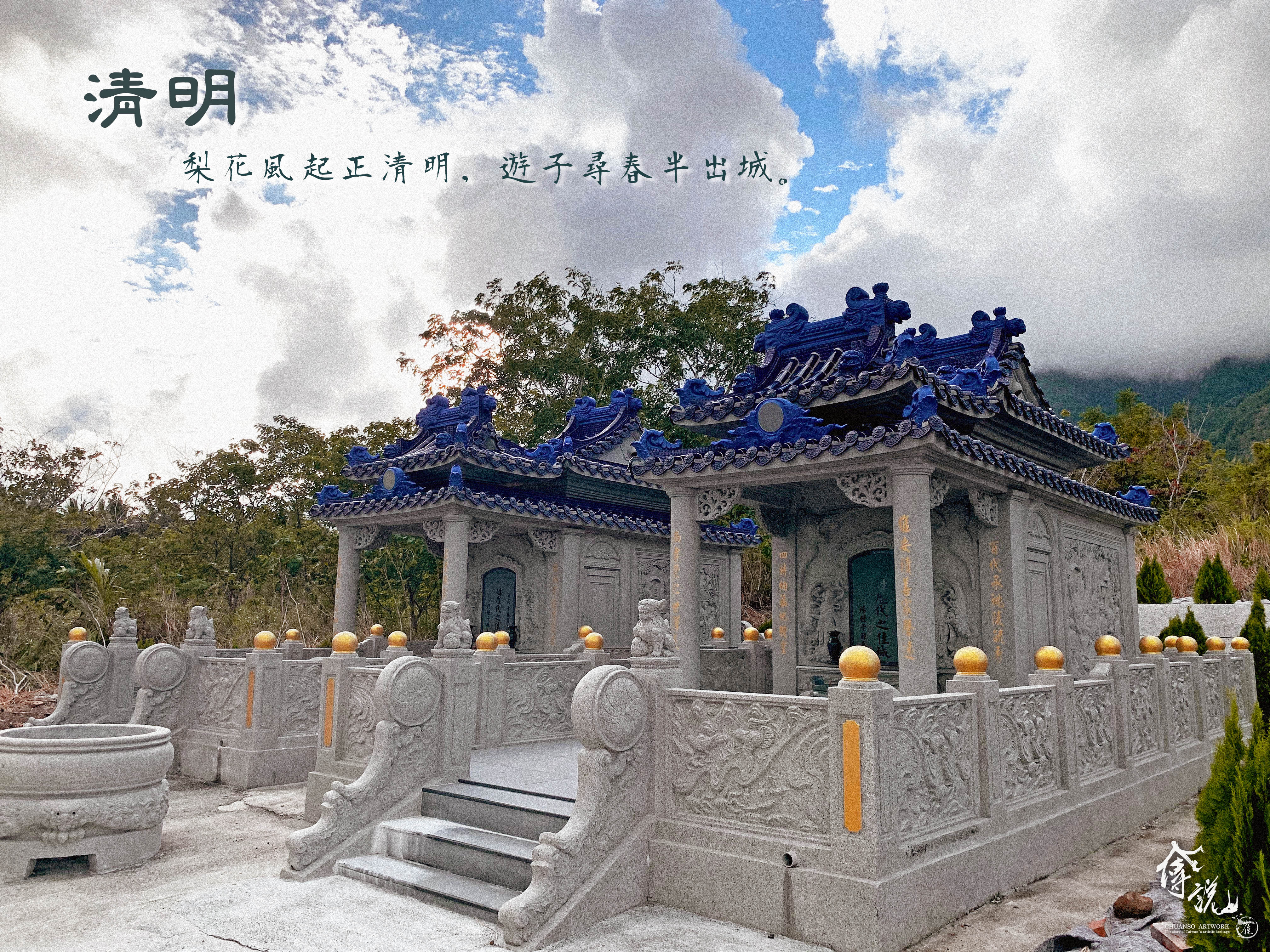FAQ
2024.04
04
Qingming Festival - A Guide to Ancient Customs and Modern Ancestral Worship!
Do you know the origins of the Qingming Festival? Do you know that in ancient times, there weren't as many customs? Do you know the important things to be aware of during Qingming?
Qingming Festival is a significant day in Chinese tradition, where people gather to honor their ancestors, pray for peace, and express their longing for departed loved ones.
Qingming, one of the 24 solar terms, does not fall on a fixed date each year according to the Gregorian calendar.
In ancient times, Qingming wasn't as important as the Hanshi Festival or Shangsi Festival. The customs of tomb-sweeping, spring outings, and fire prohibition were originally part of the Hanshi Festival, while walking by the water and wearing willow crowns were part of the Shangsi Festival. Qingming didn't have much cultural significance initially. However, as these festivals were close together, they were often combined into continuous holidays.
After the Song Dynasty, the custom of tomb-sweeping during Hanshi gradually shifted to Qingming. It's said that the Song Dynasty court designated Qingming as the main day for tomb-sweeping across the country. As a result, it merged the rituals of the Hanshi and Shangsi Festivals, elevating Qingming from a simple agricultural solar term to a major holiday. Qingming, along with Dragon Boat Festival, Spring Festival, and Mid-Autumn Festival, became one of the four major traditional festivals of the Han Chinese.
Tomb-Sweeping Precautions:
1. Time for Tomb-Sweeping: It's best to complete tomb-sweeping between 5 AM and 3 PM, as the yang energy is stronger during this time, reducing the risk of attracting negative spirits.
2. Offerings: Prepare the deceased's favorite foods. Avoid offerings like pineapples and bananas (as they imply bad omens in Taiwanese dialect), as well as whole bunches of grapes or longans. White chrysanthemums are ideal, but flowers with thorns should be avoided unless the thorns are removed.
3. Dress Code: Avoid wearing bright red or all-black clothing. It's best to choose low-saturation, low-brightness outfits, as black attire can attract negative energy.
4. Avoidance for the Newly Married: Those who are recently married should avoid tomb-sweeping, as their strong yang energy might cause conflicts.
5. Pregnant or Menstruating Women: Women who are pregnant or menstruating should avoid tomb-sweeping, as their weaker physical state might be affected by the rituals.
6. Children Under Six and the Elderly Over 80: Young children and the elderly should avoid tomb-sweeping due to their weaker energy fields, which can be easily disturbed.
7. Severely Ill Individuals: Those who are seriously ill, recently recovered, or post-surgery should not participate in tomb-sweeping due to their weakened immune systems.
8. Behavior at the Cemetery: Avoid laughing, shouting, or making loud noises at the cemetery. Do not take photos randomly, as this can bring bad luck.
9. Respect for the Deceased: Do not criticize the appearance of the deceased or the design of their tombs, as this can be seen as disrespectful and might invite trouble.
10. Avoid Stepping on Others' Graves: If you must walk over someone else's grave due to lack of space, try to walk along the edges and never step on the offering table in front of the tombstone.
11. Avoid Calling Full Names: Do not call out someone's full name, as it might attract negative energy.
12. Cleansing After Tomb-Sweeping: After tomb-sweeping, wash all your clothes and shoes thoroughly to cleanse away any bad luck before returning home.
